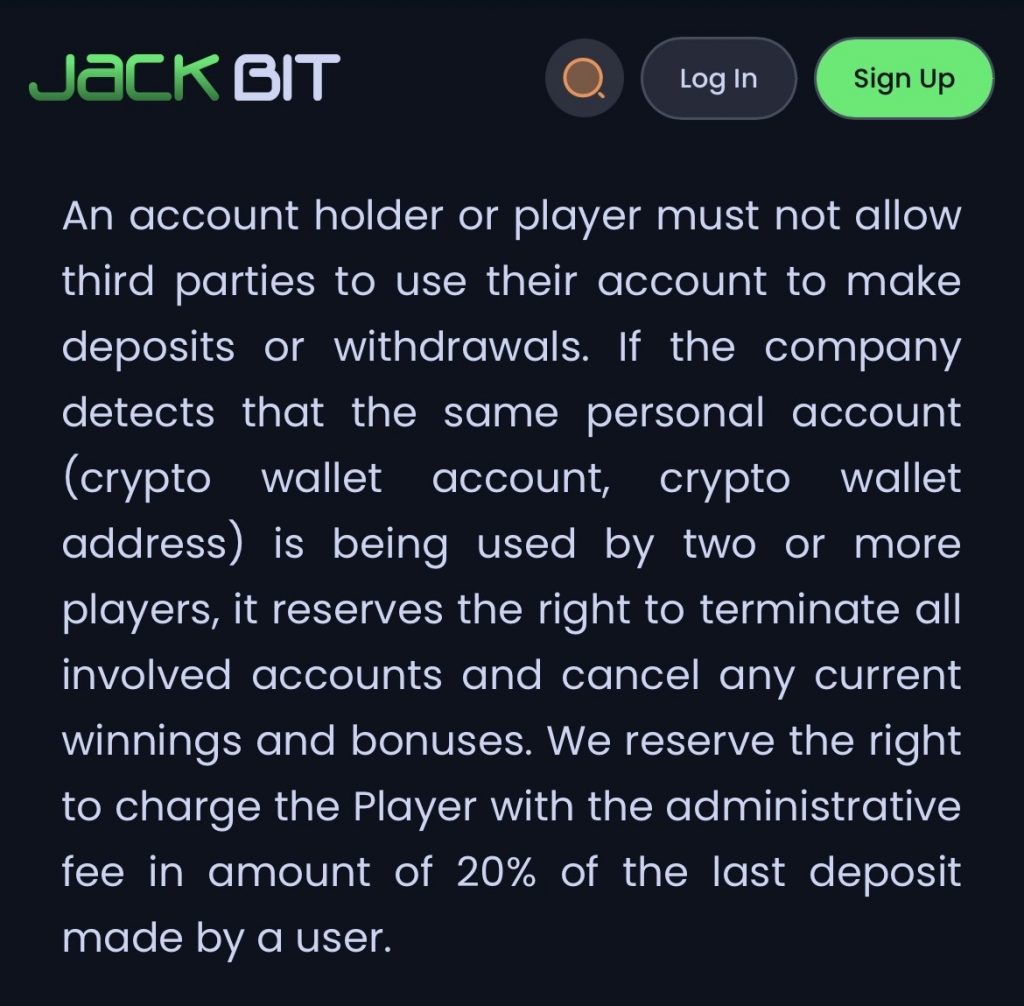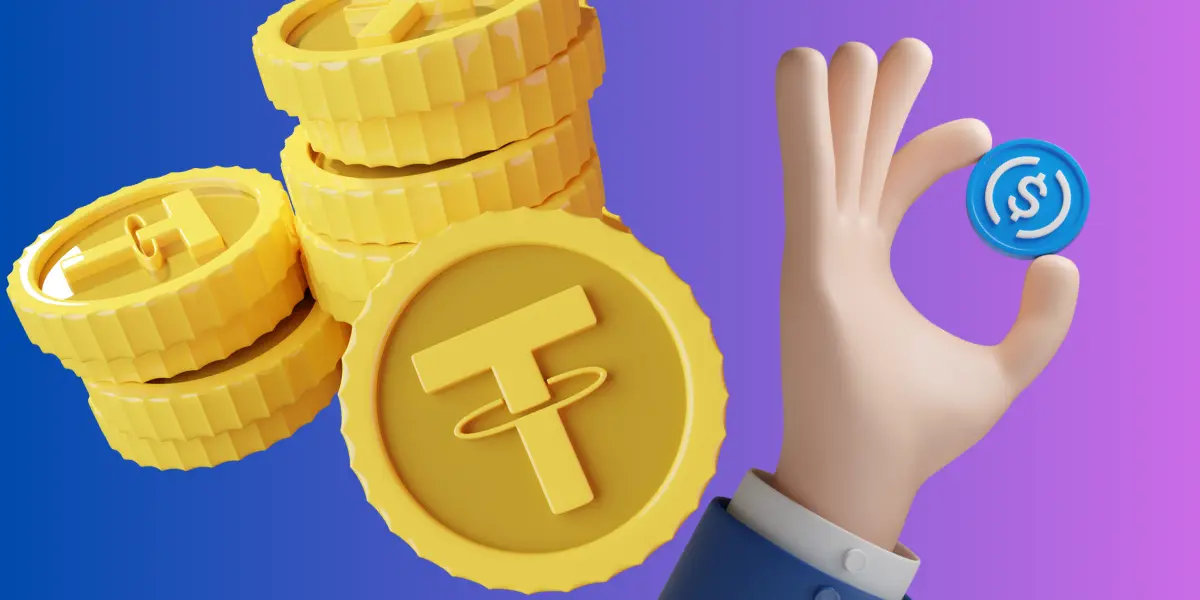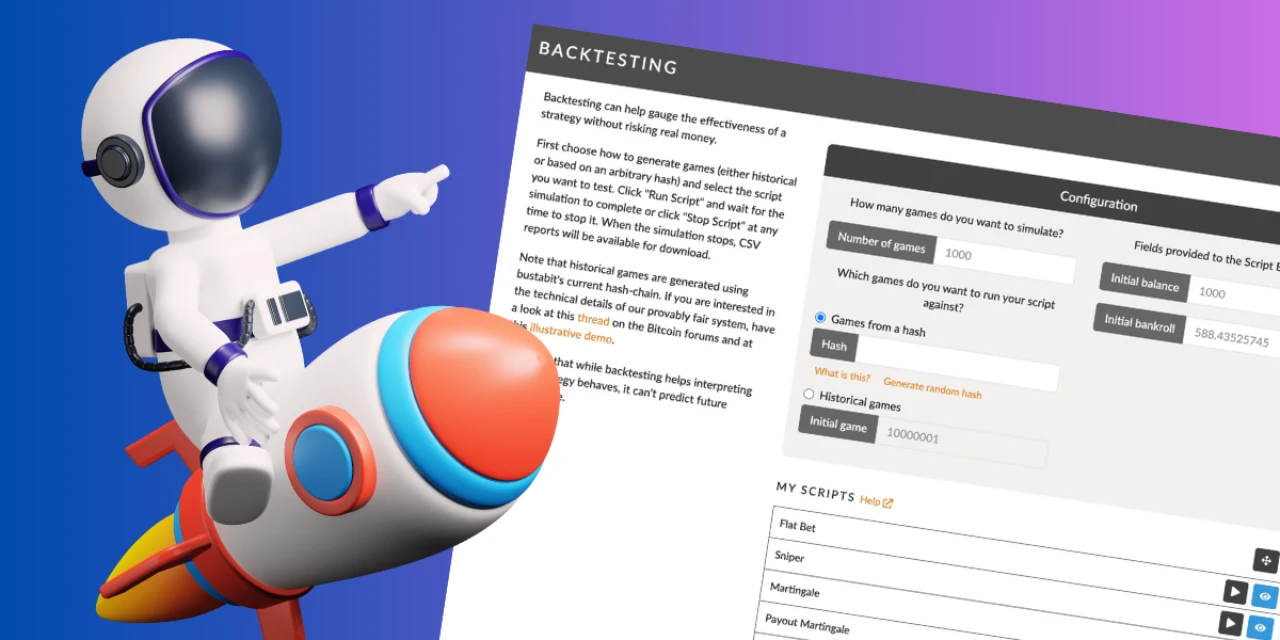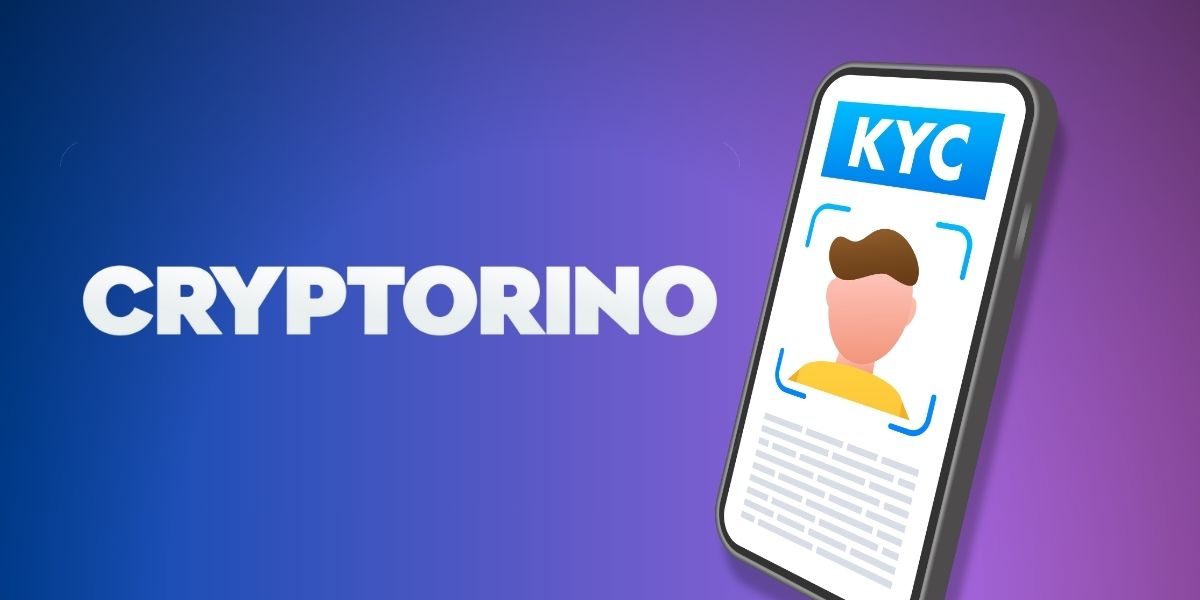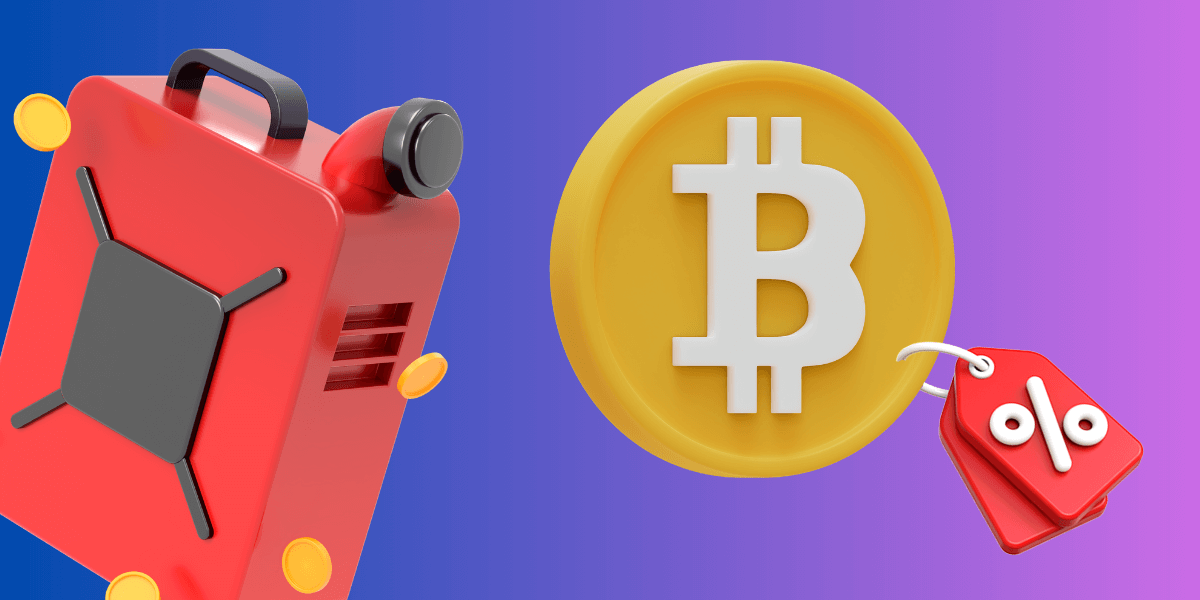
Crypto casino withdrawal fees: Should you be afraid?
After depositing and enjoying various crypto casino games, the ultimate aim is to cash out your winnings.
However, one crucial factor can greatly affect your payouts: crypto casino withdrawal fees. They can eat into your profits and reduce the amount you take home.
That’s why it’s vital to understand withdrawal fees and how to minimize them wherever possible.
Let’s start from the top:
What are Crypto Casino Withdrawal Fees?
“Withdrawal fees” are charges levied by crypto casinos or payment providers when you withdraw funds from your account.
You only pay withdrawal fees when you request a payout—whether that’s to your bank account or—at crypto casinos—into your crypto wallet.
For instance, let’s say you want to withdraw 200 USDT, and the casino charges a 2% fee. The total amount you would receive in your external wallet would be 196 USDT.
Withdrawal fees come in different shapes and sizes, as I’ll discuss below.
Different Types of Casino Withdrawal Fees
During your crypto gambling adventures, you’ll likely come across three types of withdrawal fees:
1. Gas Fees
A gas fee is the payment cryptocurrency networks require to process a transaction or execute a smart contract on the blockchain.
Gas fees apply to crypto casino withdrawals because a crypto network needs to process and validate the transaction. Although the sender usually pays the cost (in this case, the casino), most casinos will require you (the receiver) to cover it.
Ethereum gas fees used to be notoriously expensive, but they are not anymore. Anyway, we’ve developed our own Coin Hub where you can check the gas fees in real time.
Anyways, if you’re not in the mood to compare gas fees, your best “bet” (pun intended!) is to try gambling with Solana—it’s certainly the best option between fees and transaction speeds.
2. Casino Handling Fees
Casino handling fees are charges some casinos impose on your transactions on their sites to cover their operational costs. These fees are usually docked from your deposits or withdrawals.
At Casinos Blockchain, we believe casino handling fees are a drawback because they can eat into your winnings or deposits.
For instance, in my Cloudbet review, I am critical of the fact that Cloudbet reserves the right to charge a a 5% fee to “cover the transaction costs of moving the cryptocurrency out of your Cloudbet account.”
Though 5% may look small, it can quickly add up, especially when making large deposits or withdrawals.
Despite this clause, neither I nor any of my colleagues has ever been charged a handling fee on withdrawals or deposits at Cloudbet.
3. “Account” Fees
The account fee is another fee to watch out for when playing at crypto casinos. These fees are different from withdrawal charges and can apply to various conditions, including:
- Account inactivity
- Failed deposits
- Verification purposes
- Allowing third-party transactions
For example, JackBit has an interesting account fee most players wouldn’t be aware of unless they did a deep-dive on the T&Cs:
Jackbit also stated in its Terms and Conditions that you can be charged an account fee of 10 EUR or its equivalent if your account is inactive for 12 months.
Account fees are often hidden in the casino’s terms and conditions and can catch you off guard. To avoid unexpected fees, always take the time to familiarize yourself with the casino’s terms and conditions.
Withdrawal Fees at Crypto Vs Fiat Casinos
So far, we have discussed withdrawal fees at crypto casinos. However, payout fees are not exclusive to crypto casino sites; you’ll also find them at fiat online casinos.
Bear in mind that most leading fiat casinos like FanDuel, DraftKings, Caesars, and BetMGM do not directly charge withdrawal fees.
Instead, the fees are required by the user’s payment method.
For example, withdrawing via popular fiat casino payment options like PayPal, Neteller, and bank wire transfers may incur transaction fees.
Since fiat casinos use currencies like USD, EUR, and GBP, they usually have higher withdrawal fees than crypto casinos.
Here is a comparison of withdrawal fees at crypto vs fiat casinos:
| Crypto Casinos | Fiat Casinos |
|---|---|
| Potential (but rare) handling fees | Most do not charge fees directly |
| No intermediaries or banking institutions | Intermediaries may charge fees |
| Fees depend on the cryptocurrency network | Fees depend on payment methods (1% – 5%) |
How to Minimize Casino Withdrawal Fees?
While withdrawal fees seem unavoidable, there are ways to minimize these fees and keep more of your funds. Here are some expert tips to reduce withdrawal fees:
- Less frequent withdrawals: Reduce the frequency of your withdrawals to minimize the number of fees incurred. You can cash out your funds by milestones when you reach a certain threshold.
- Opt for cryptos with cheaper fees: Choose cryptocurrencies like Solana, Tron, or Dogecoin instead of Bitcoin and Ethereum. Even though gas fees aren’t exorbitant now, if your withdrawal is $10, why spend 10-15% when you can spend next to nothing?
- Fee-free withdrawals: Take advantage of crypto casinos offering free withdrawals or special promotions with reduced fees. BC.Game, for example, offers a daily no-fee withdrawal for VIP level 28 players.
- Withdraw strategically: Plan withdrawals during off-peak hours to avoid network congestion. For instance, crypto networks like Ethereum can get congested during peak hours (usually daytime in the US and Europe). This congestion can lead to higher fees as miners prioritize transactions with higher gas prices.
- Low-fee crypto wallets: Use crypto wallets like MetaMask or TrustWallet that charge lower transaction fees for sending and receiving cryptocurrencies.
Final Thoughts
Still here? You can safely consider yourself a pro on withdrawal fees at crypto casinos. Now you know why crypto casinos charge withdrawal fees and the different types of fees you’ll encounter.
In addition, you can now identify the unnecessary withdrawal charges and, more importantly, know how to avoid them.

